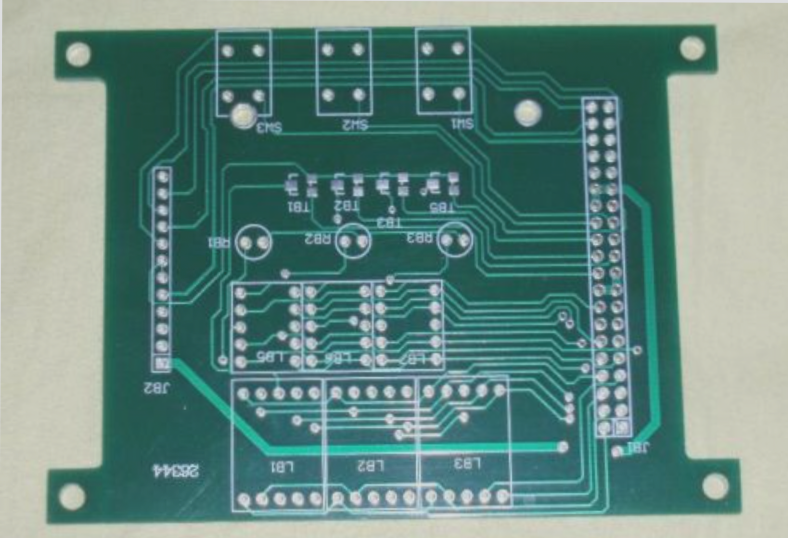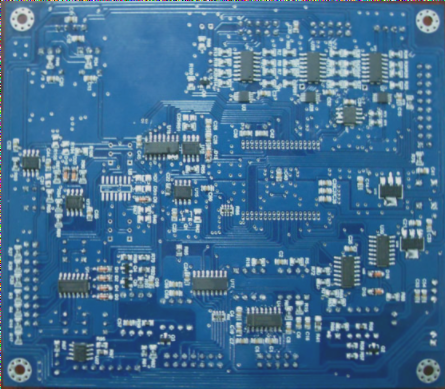Lead-Free PCB Surface Soldering and Thermal Shock Resistance
With the transition to lead-free PCB surface soldering, circuit boards now face higher soldering temperatures, increasing the need for enhanced thermal shock resistance in the surface solder mask. This shift demands improved peel strength and better bonding between terminals and the solder mask components, such as ink and covering film.
Advanced PCB Pre-Processing for Enhanced Product Yield
To address these challenges, a more advanced pre-processing PCB process is essential. By upgrading our technology to improve product yield, we can create new opportunities for profit growth. Investing in high-quality pre-treatment solutions can help us achieve these goals more cost-effectively.

Common Problems and Solutions in PCB Production
- Issue 1: Side corrosion and etching shrinkage during circuit etching can lead to insufficient or uneven circuit width. This may result from various factors such as improper film material selection, exposure parameters, and equipment performance. Even after thorough checks, issues like excessive corrosion and dents may persist.
- Issue 2: During PCB pattern electroplating and terminal surface treatments, penetration at film edges or solder mask edges can cause waste and defective products. Despite addressing film parameters and material properties, infiltration issues may persist, requiring further investigation.
- Issue 3: Tin testing and soldering processes may reveal problems like tin immersion, soldering bubbles, and poor peel strength of the soft board cover film. These issues can lead to component loss and customer dissatisfaction. While common troubleshooting focuses on material quality and production stages, external factors like weather conditions, particularly high humidity, may also play a role in these issues.
Common Issues in PCB and FPC Industries
Many individuals face confusion and encounter problems within the PCB and FPC industries. These issues often include poor wiring, penetration, interlayer peeling, blistering, and insufficient peeling strength. Through extensive experiments and research, it has been discovered that these problems are primarily attributed to the pre-treatment process.
Importance of Pre-Treatment
The pre-treatment phase plays a crucial role in the overall quality of PCBs and FPCs. It involves dry and wet film pretreatment, solder mask treatment, electroplating pretreatment, and other multi-stage processes. Despite its seemingly simple nature, which includes acid washing, degreasing, and micro-etching, the pre-treatment phase is vital in ensuring the success of the final product.
Industry technicians are well-versed in the nuances of pre-treatment, including the performance, parameters, and formulations of the solutions used. This knowledge is essential in overcoming common challenges and ensuring the production of high-quality PCBs and FPCs.

